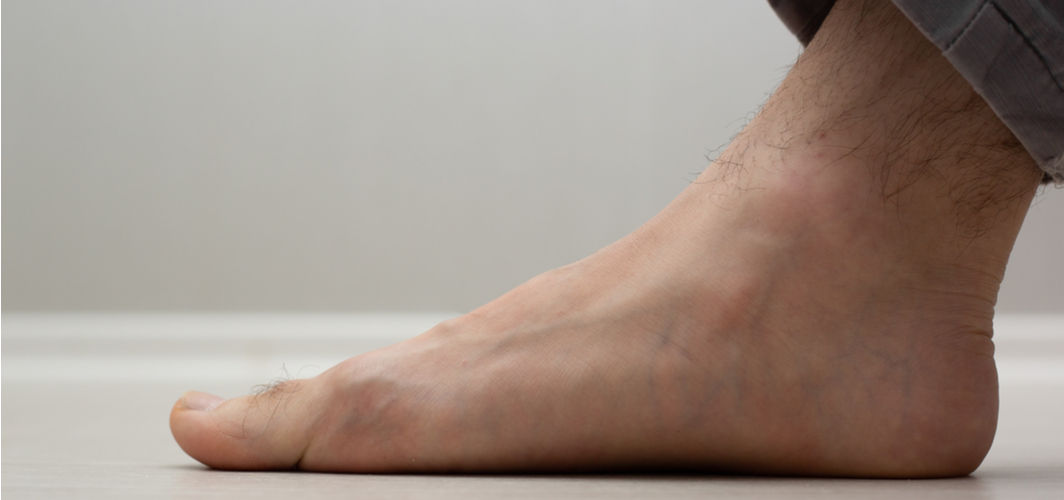Orthopedic Conditions
What Happens If You Keep Cracking Your Knuckles Too Much?
3 min read
By Apollo 24|7, Published on - 30 November 2022, Updated on - 10 June 2023
Share this article
0
4 likes

You may have heard the urban legend that cracking your knuckles can lead to arthritis. Of course, that statement is absolutely wrong, but should you be really cracking your knuckles? Is it risk-free to crack your knuckles, or does it have the potential to cause issues? In this post, we'll address all the intriguing facts around the knuckle-cracking query. Read on!
What Happens When You Crack Your Knuckles?
Your joints essentially release air when you crack your knuckles. A cushioning liquid called synovial fluid is present between the joints in your fingers, allowing your fingers to move in different directions painlessly. Pulling the bones apart, whether by extending them or bending them backward, creates negative pressure that causes the bubbles to burst.
Although knuckle cracking is relatively harmless but making it a practice might impair a lot of functions that your bones can perform otherwise! Why? Check out a few pointers to understand how cracking knuckles could be harmful and some effective tricks to break the habit.
Why You Shouldn't Crack Your Knuckles?
Cracking your knuckles might give you a lot of pleasure and also act as a stress-buster activity, but it may cause your grip strength to decrease over time. Your grip strength is the force that is applied by the hand to pull or suspend things.
A study that was done in 1990 indicated that frequent knuckle cracking may cause swelling in your joints. A discomfort or swelling in the joints due to cracking of knuckles may be a sign of something more alarming that seeks medical attention.
? Did You know?
Researchers found that, among 74 participants, those who cracked their knuckles frequently had weaker grips and more instances of hand swelling.
3 Habit Breaking Ideas
Even though cracking knuckles is not deleterious, if there is a rise in its frequency it could lead to improper functioning of the hand. Here are some ideas that might help you stop:
1) Start a New Hobby
Instead of cracking your knuckles, distract yourself and put those fingers to work like writing, reading, or knitting. Even massaging your hands with hot oil can take away the urge to crack your knuckles.
2) Use Behavioural Therapy Techniques
Think about why you crack your knuckles and deal with any problems that may be causing them. Find another way to relieve stress, such as deep breathing, exercise, or meditation. You can try squeezing a stress ball or even twirling a pencil or coin is helpful.
3) Practice The "Rubber Band" Behavioural Method.
The rubber band breaks patterns, draws your attention, and serves as a reminder that you are making a new behaviour choice. It serves to bring you relief from cracking knuckles and abandon the habit completely.
Final Note
Although we know there is no link between knuckle cracking and health problems or arthritis, it is still a good idea to break the habit and its long-term harmful impacts. Additionally, regular popping can result in dislocated fingers, strained ligaments, hand swelling, and weak grips. To avoid getting into complications, seek help if you find your limbs showing such changes.
Orthopedic Conditions
Leave Comment
Recommended for you

Orthopedic Conditions
Should You Worry If You Have Flat Feet?
While everyone has flat feet at birth which gradually arches, some people may continue having them due to genetic reasons or foot injuries.

Orthopedic Conditions
Why Do Arthritis Patients Suffer Immensely Despite Consulting Numerous Doctors?
Arthritis is a disabling disease that requires a multi-directional approach for treatment. This article addresses the cause of arthritis and why is it challenging to manage.

Orthopedic Conditions
Frozen Shoulder: Signs, Diagnosis & Treatment
Discover the causes, symptoms, and treatment options for a frozen shoulder. Learn how to manage this condition and regain full control of your shoulder.
Subscribe
Sign up for our free Health Library Daily Newsletter
Get doctor-approved health tips, news, and more.
Visual Stories

Natural Ways to Get Relief from Arthritis
Tap to continue exploring
Recommended for you

Orthopedic Conditions
Should You Worry If You Have Flat Feet?
While everyone has flat feet at birth which gradually arches, some people may continue having them due to genetic reasons or foot injuries.

Orthopedic Conditions
Why Do Arthritis Patients Suffer Immensely Despite Consulting Numerous Doctors?
Arthritis is a disabling disease that requires a multi-directional approach for treatment. This article addresses the cause of arthritis and why is it challenging to manage.

Orthopedic Conditions
Frozen Shoulder: Signs, Diagnosis & Treatment
Discover the causes, symptoms, and treatment options for a frozen shoulder. Learn how to manage this condition and regain full control of your shoulder.